Ah, it’s been a busy week. Already several days have passed since the end of SpotOn 2013, so it’s about time I blogged my session from the Saturday, #solo13lego. I’m not able to deliver the kind of prolific blogging which some of my fellow attendees at the #solo13blogs session are capable of.
My workshop did admittedly have its own title, “Making Research Useful: The Consequences of (Bad) Communication“, but that didn’t prove as catchy as referring to it as “The One With Lego“, which was perhaps a better indicator of the main aspect of its appeal. Peter Murray Rust has already blogged about his experience of the session, so you can also head over there to hear an attendee’s perspective.
We were also highly fortunate in that SpotOn keynote, Salvatore Mela, inadvertently kicked off the Lego vibe on Day One of the conference when he showed us pictures of a gloriously Lego-fied particle collider. Couldn’t have asked for a better theme-setting ahead of our workshop!
The Main Premise
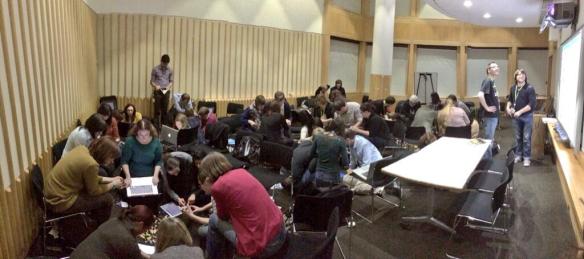
Participants deep in thought and Lego at Solo13. Photo by Neil Chue Hong (@npch). Licensed under a Creative Commons Attribution Licence, CC-BY-3.0.
There’s been a lot said about reproducibility of late (indeed, the result of much work and discussion in the scientific community over many years – see discussion here), whether that’s to do with working culture, tools, infrastructure or incentives – all highly relevant factors and issues that need to be dealt with. Ultimately though, the reproducibility issue boils down to a failure on the part of the research producer to anticipate or account for the needs of the research user (that may sound an oversimplification, but it’ll do for now – I’ll go into details in a future blog post, otherwise I’ll ramble on for ages here).
#solo13lego aimed to redress the balance and get participants thinking about how to identify the needs of the end user. By dealing with the frustrations of poorly communicated instructions, could they pinpoint where the problems lay, how the original writer had failed in their communication, and how the situation might be improved?
Optical Microscopes in Lego
Split into groups of ten, the participants had to download a set of Lego instructions to build an optical microscope, complete with “mirror”, stage, objective lenses and eyepieces. We had three sets of instructions, each describing the same item in a slightly different way.
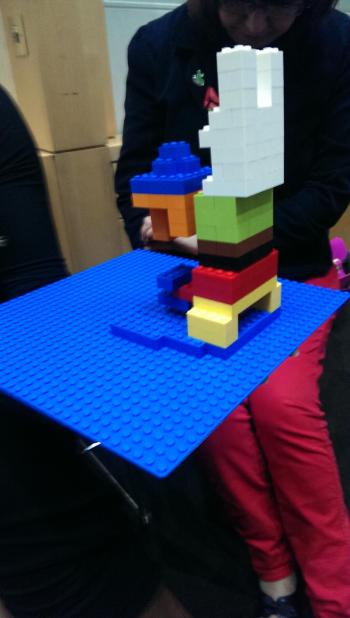
The results of (I think) one of the Group B efforts. Here the faulty instructions for the middle section have caused problems in constructing the microscope stage. Photo by Sarah Cosgriff (@Sarah_Cosgriff).
And now for the catch: these were faulty instructions, deliberately written to confuse, confound and completely obstruct the user, and devoid of diagrams, schematics, images or any other visual aid. Although the participants were aware of this from the beginning, it didn’t prevent them from becoming highly frustrated with the situation!
In addition to dealing with the pecularities of the instructions, our Lego builders had to identify precisely what made these instructions bad instructions, how they had failed to address the user’s needs, and how they should be improved.
And the rules: no discussion between groups, no sneaky peeks at each other’s models, no looking at other group’s instructions. So, how far did they get in 35 minutes?
The End Result…
Given that they’d only had just over half an hour to interpret the instructions and build their microscopes, the groups made some good attempts. Notably though (and as one would expect) none of the groups managed to reproduce the original microscope model: hardly surprising, given the flaws in the instructions.
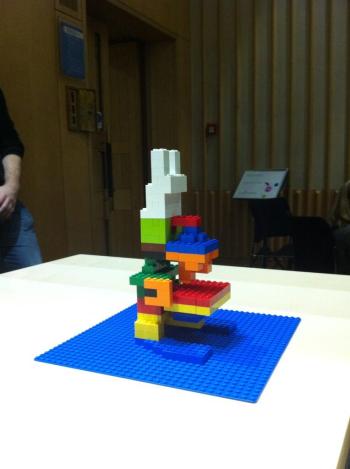
Finished microscope by Group A – note how the alignment of the eyepieces differs from the other models shown above. Photo by Jonathan Pritchard, @jr_pritchard.
In fact, if you take a look at the photos in this blog, what may at first glance seem to be identical models clearly have quite obvious differences.
Some models completely missed out the band of dark green bricks in the middle of the microscope. Some didn’t manage to include the microscope stage. Others misplaced the focus dial or missed it out altogether; the alignment and position of the objective lenses and eyepieces varied wildly between models. And this really wasn’t the fault of our participants: they were doing their best with the instructions they had!
The discussion that followed identified various “improvements” required:
- Use of a coordinate system to describe the position and orientation of blocks;
- Corrections to the number and types of bricks listed for use;
- Adequate description of where each level of bricks should be positioned in relation to the levels above and below;
- Use of visual aids, such as photos, diagrams and schematics, to demonstrate how the sections of the model should fit together;
- Inclusion of images for the end result…
- …and lots more (full discussion can be viewed on the livestream footage).
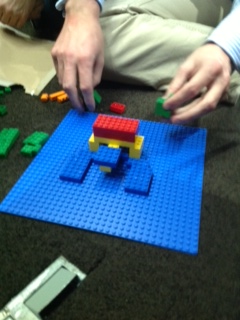
Microscope base in progress. Photo by Sophie Kay (@StilettoFiend), licensed under a Creative Commons Attribution Licence, CC-BY-3.0.
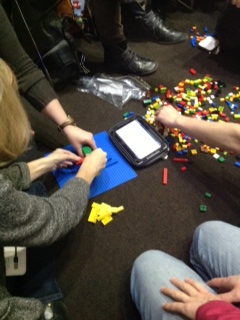
Group work in full flight at #solo13lego. Photo by Sophie Kay (@StilettoFiend), licensed under a Creative Commons Attribution Licence, CC-BY-3.0.
Even this short exercise demonstrates how a supposedly simple set of instructions can produce wildly different results if ambiguities leave them open to misinterpretation. It really got us thinking about what the needs of the end user are – something which we’re not taught to think about (or indeed encouraged to do so) at any stage of our education. Could this kind of exercise, whether with Lego or with hands-on science, be used to promote better communication amongst our scientists?
The extended session at the upcoming hackday (see below) is going to take this idea further and train participants to produce instructions that account for this user perspective.
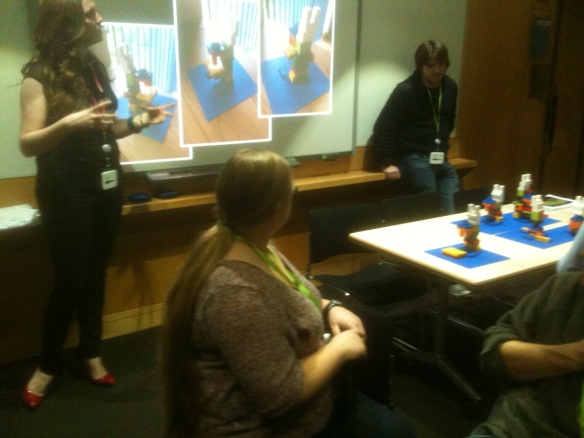
All five microscopes at the end of the session, alongside Sophie’s slide of how the models should have looked. Photo by Peter Murray Rust (@petermurrayrust).
Upcoming Hackday
Now, dates are yet TBC, but I’ll be running an extended session of Lego-Based Learning at the upcoming SpotOn Hackday, which will probably happen sometime early 2014. I’m hoping this longer workshop will last around 3 hours. It’ll give us time to explore both the user and producer roles and I’ll be implementing the rotation-based learning approach of OSTI, so there’ll be an even stronger incentive for good communication skills. I’ll be posting the details on the OSTI News page once the time and place are confirmed, as well as tweeting the details, so keep an eye on all that and let me know if you’d like to join: I’m looking forward to seeing some returning faces as well as new ones! And there are worse ways to spend a Saturday than playing with Lego…
And What Next?
Although the instruction sheets are still available via my previous blogpost, I’ve posted the slide deck and the instructions up on the GitHub repository for the Open Science Training Initiative. If you’re interested in running a similar session, you can download those now – of course, you’ll need to buy your own stash of Lego (or get someone else to buy it for you) but at least that’s quite a fun task. Good Luck! 🙂

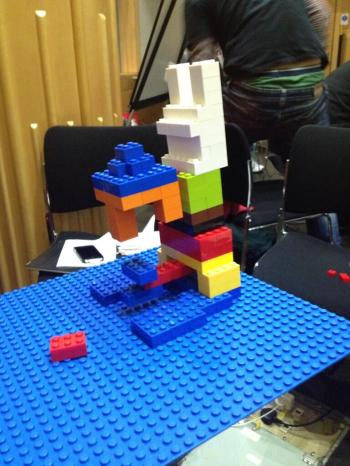
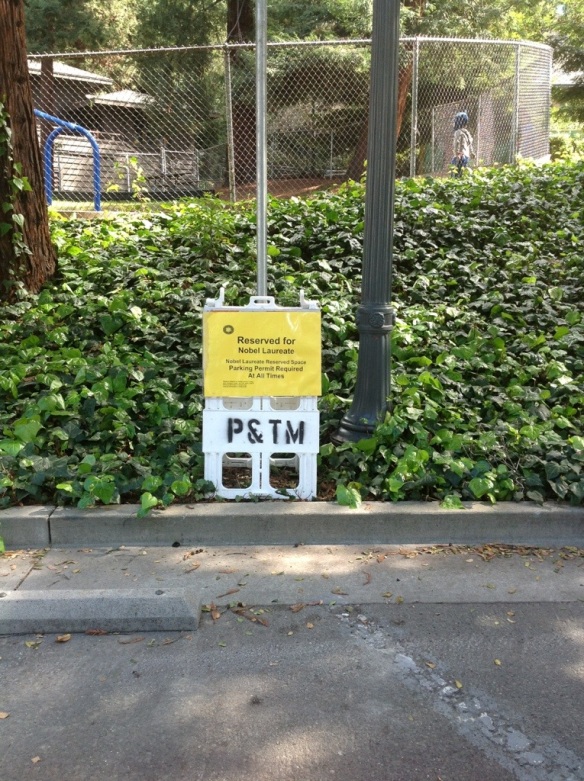
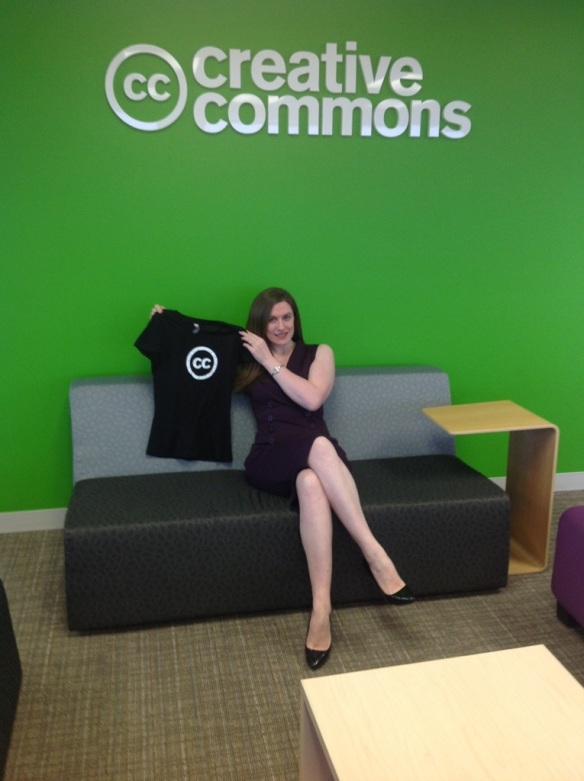

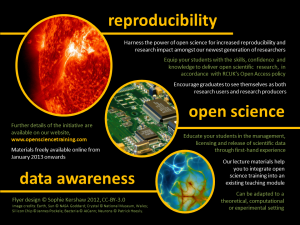 So, what of that website? I should warn you now that the site is live in its basic form, but hasn’t had its official public launch yet (announcement on that will follow when the time comes). You can find it at
So, what of that website? I should warn you now that the site is live in its basic form, but hasn’t had its official public launch yet (announcement on that will follow when the time comes). You can find it at